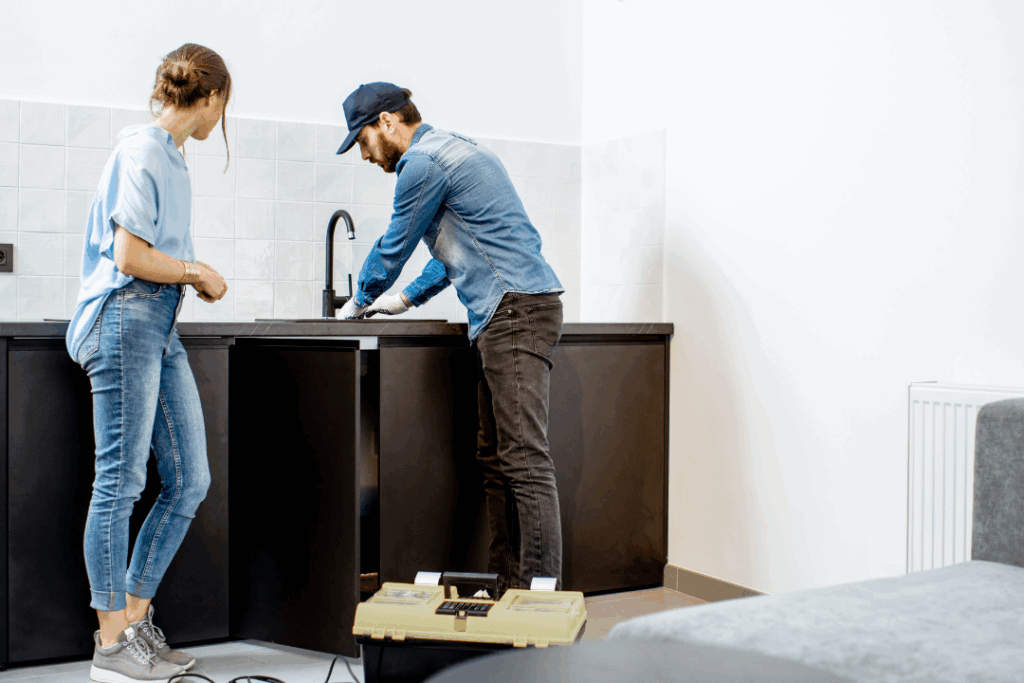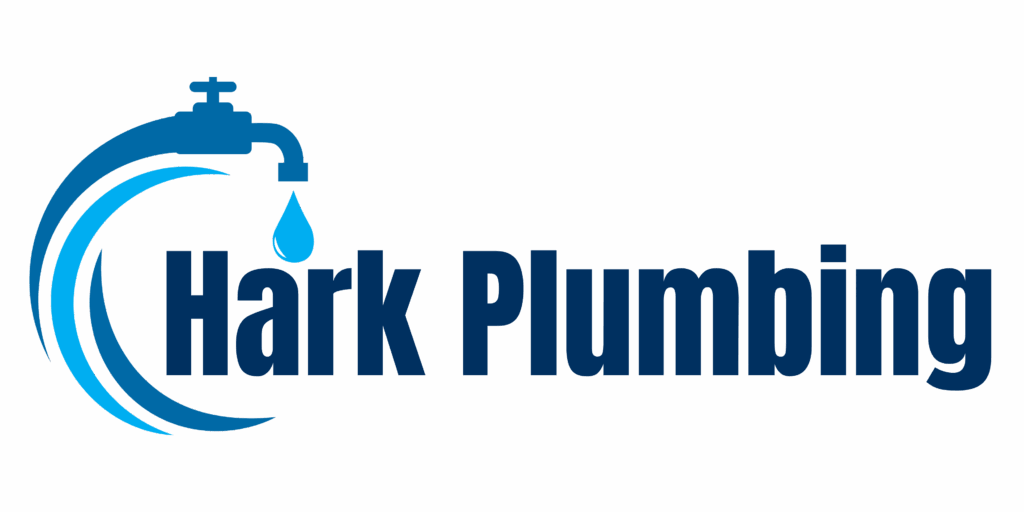
Your home’s plumbing system works hard every day, but like any part of your house, it needs care to stay in top shape. Preventive maintenance not only extends the life of your plumbing but also helps you avoid unexpected breakdowns and expensive repairs. With a few simple routines and the right tools, you can keep your plumbing system running smoothly year-round. This guide covers daily habits, weekly and monthly checks, seasonal preparations, and when it’s time to call in the professionals.
Daily Practices
The smallest daily habits can make a big difference over time. Avoid pouring grease, coffee grounds, or food scraps down your sink, as they can cause clogs. In the bathroom, use drain strainers to catch hair and soap residue before they build up in your pipes. Always turn taps off tightly to prevent slow leaks, which may waste gallons of water if left unnoticed.
Weekly Checks
Once a week, take a quick walk through your home to look for signs of trouble. Check under sinks for dampness, inspect faucets for drips, and make sure your toilets are flushing properly. It’s also wise to listen for unusual sounds, like gurgling drains, which could signal a developing clog. These short weekly inspections can help you spot problems before they grow into emergencies.
Monthly Maintenance
Each month, give your plumbing a more thorough check. Test your water pressure with a simple gauge to ensure it’s within the safe range (40–80 psi). Examine exposed pipes for rust, corrosion, or leaks. Run water in less-used sinks, tubs, and floor drains to keep the traps filled and prevent sewer gases from entering your home. Taking the time to look at your water heater for signs of leaks or sediment buildup is also a smart monthly habit.
Seasonal Preparation
Your plumbing needs change with the seasons. In colder months, insulate exposed pipes to prevent freezing and bursting. During spring and summer, inspect outdoor spigots and irrigation systems for leaks. In the fall, clean gutters and downspouts to direct rainwater away from your home’s foundation. Seasonal preparation keeps your plumbing ready for weather-related challenges throughout the year.
DIY Tools to Keep Handy
Having the right tools on hand makes tackling minor plumbing issues much easier. Keep a plunger for toilets and sinks, a drain snake for stubborn clogs, plumber’s tape for sealing threaded connections, and a basic wrench set for tightening loose fittings. With these essentials, you’ll be prepared to handle small problems quickly and effectively.
Know When to Call for Help
DIY maintenance is great for minor issues, but some problems require professional attention. Persistent leaks, sewer odors, water heater malfunctions, or visible pipe corrosion are clear signs it’s time to call an expert. Acting quickly when these issues arise can save you from more extensive and expensive repairs later.
Conclusion
Caring for your plumbing doesn’t have to be complicated. By building good daily habits, checking regularly for signs of trouble, and preparing your system for seasonal changes, you can extend the lifespan of your pipes and fixtures while saving money on repairs. And when a problem is too big to handle alone, Hark Plumbing is here to provide fast, reliable, and professional service whenever you need it.
